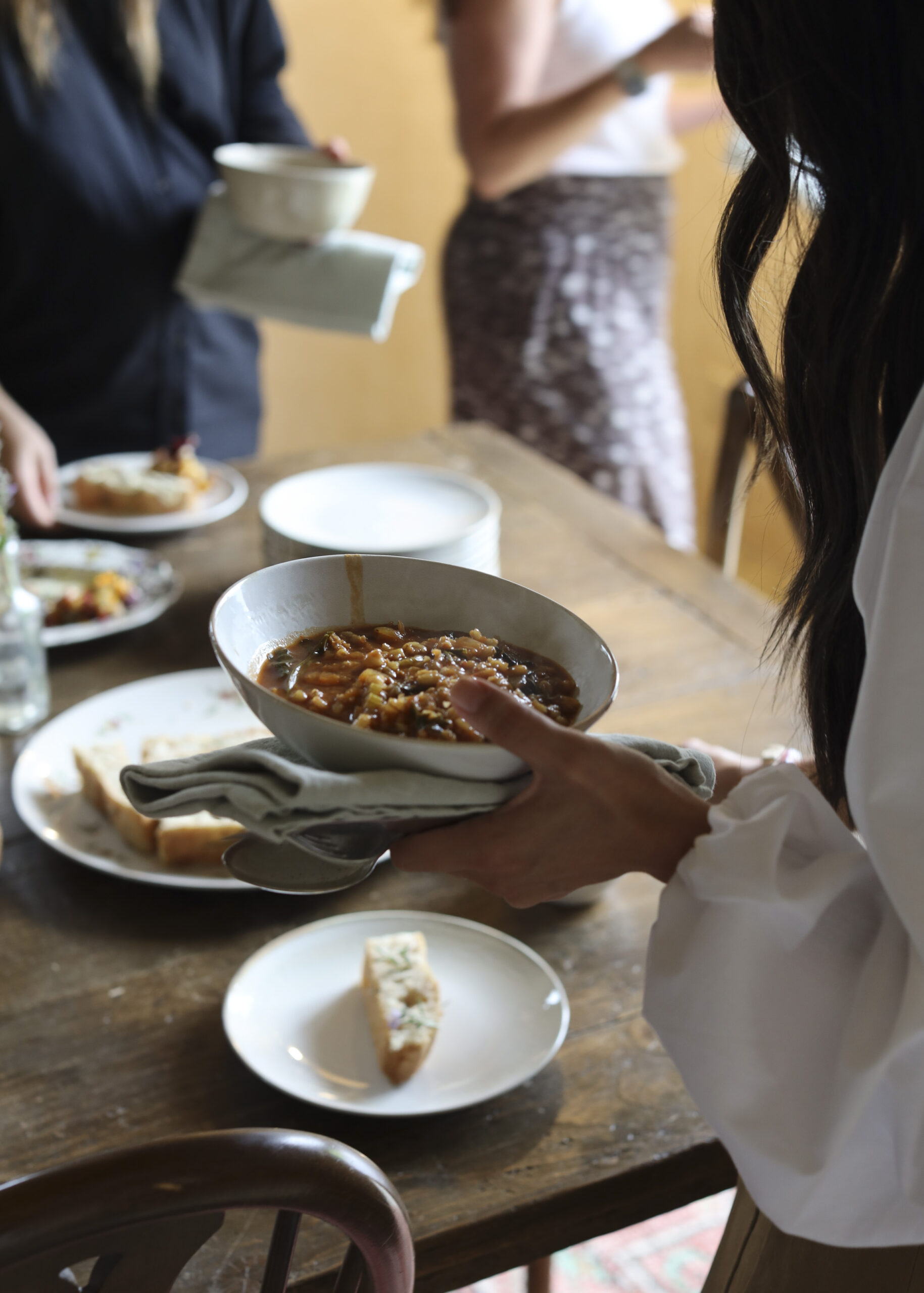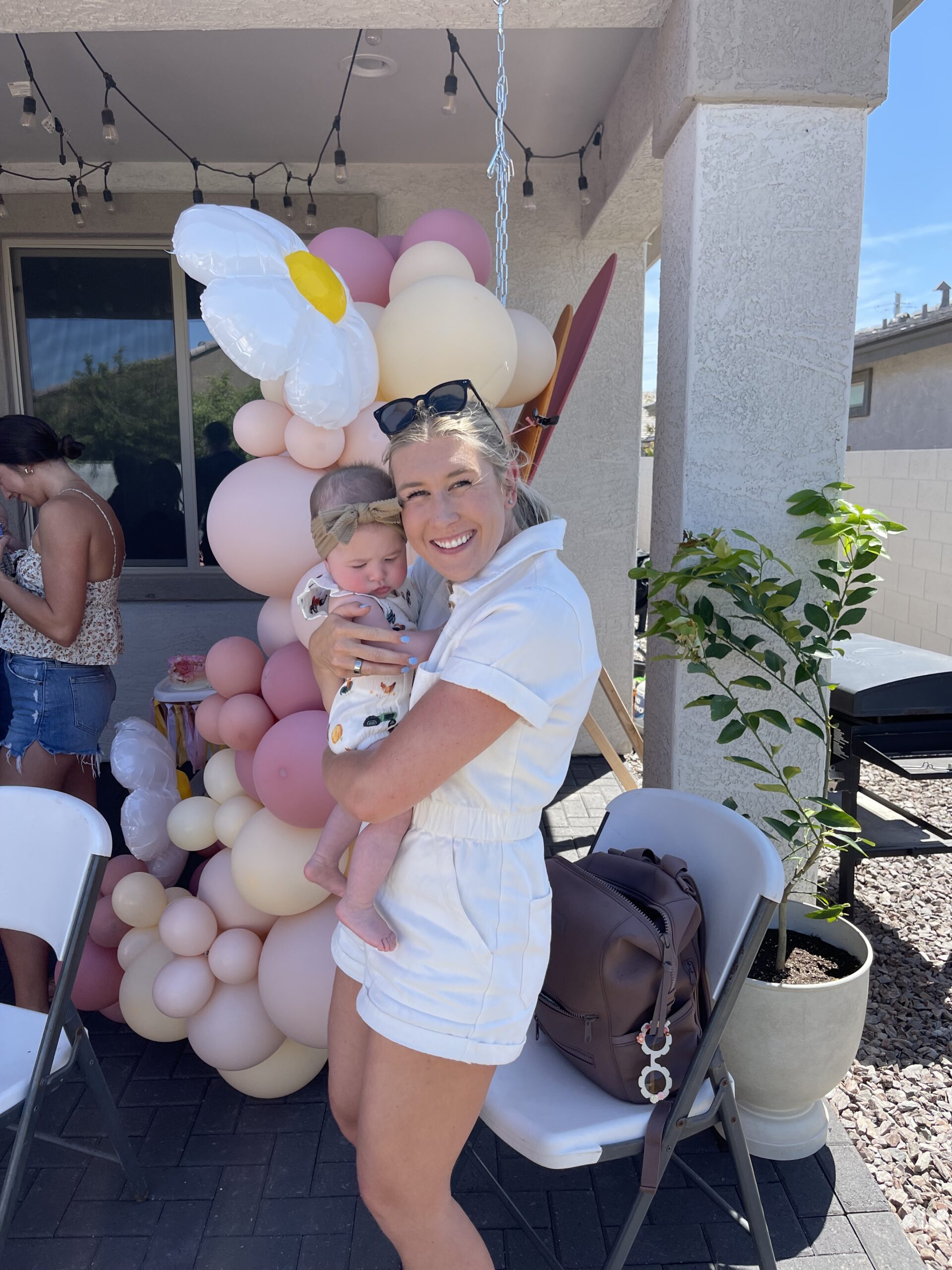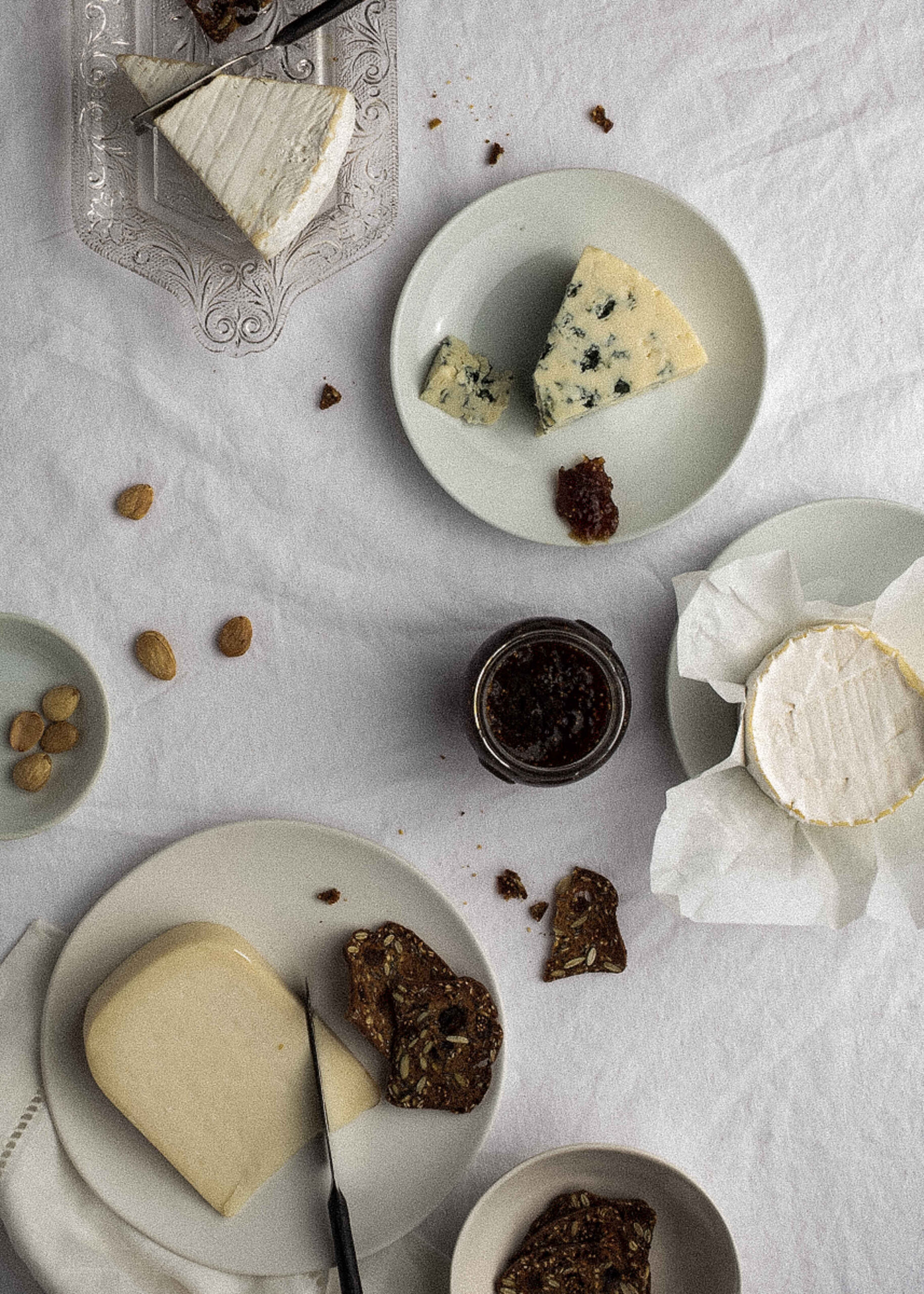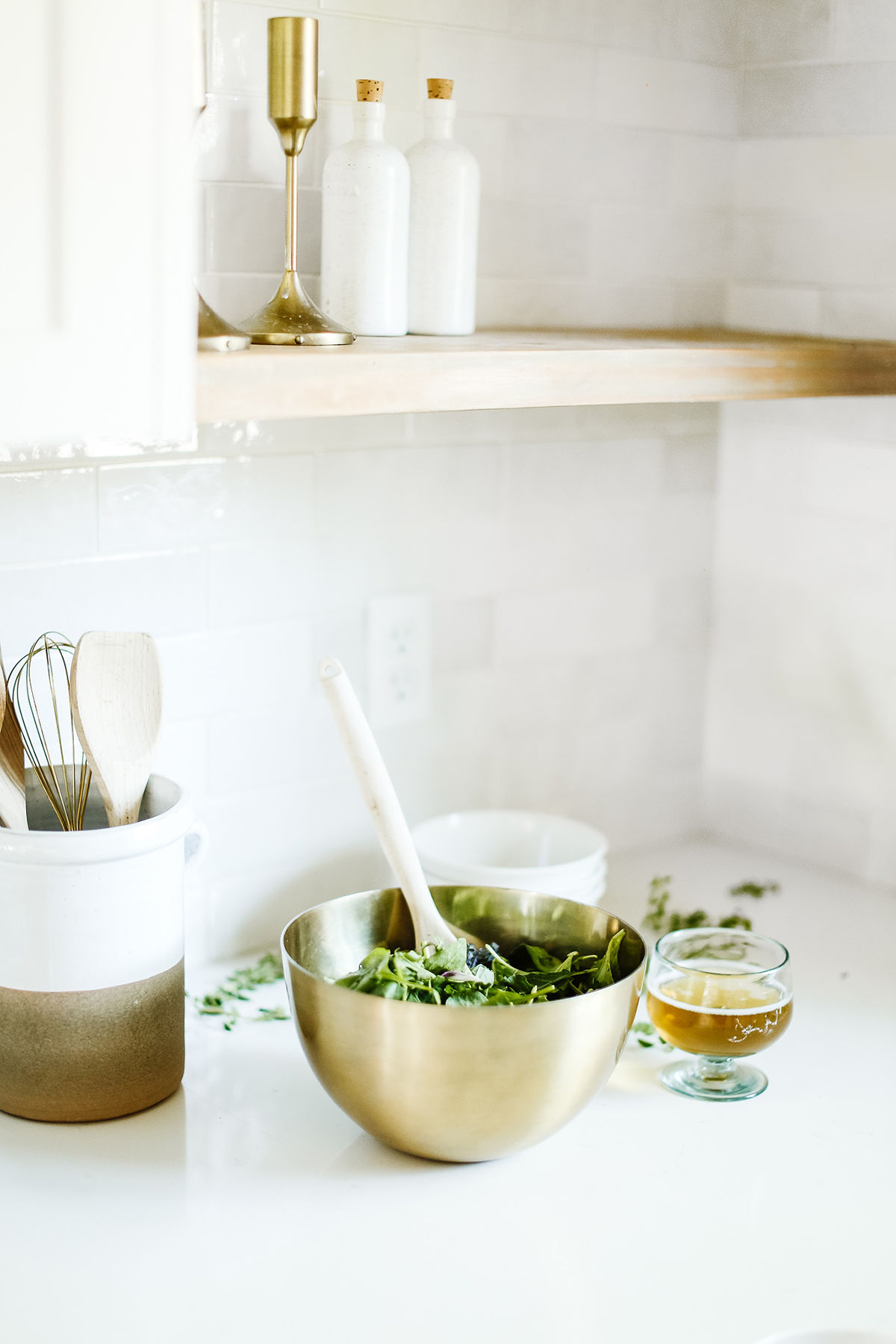091. Binge Eating Recovery with Dietary Restrictions: ‘How do I recover if I DO have to restrict foods for medical reasons?’
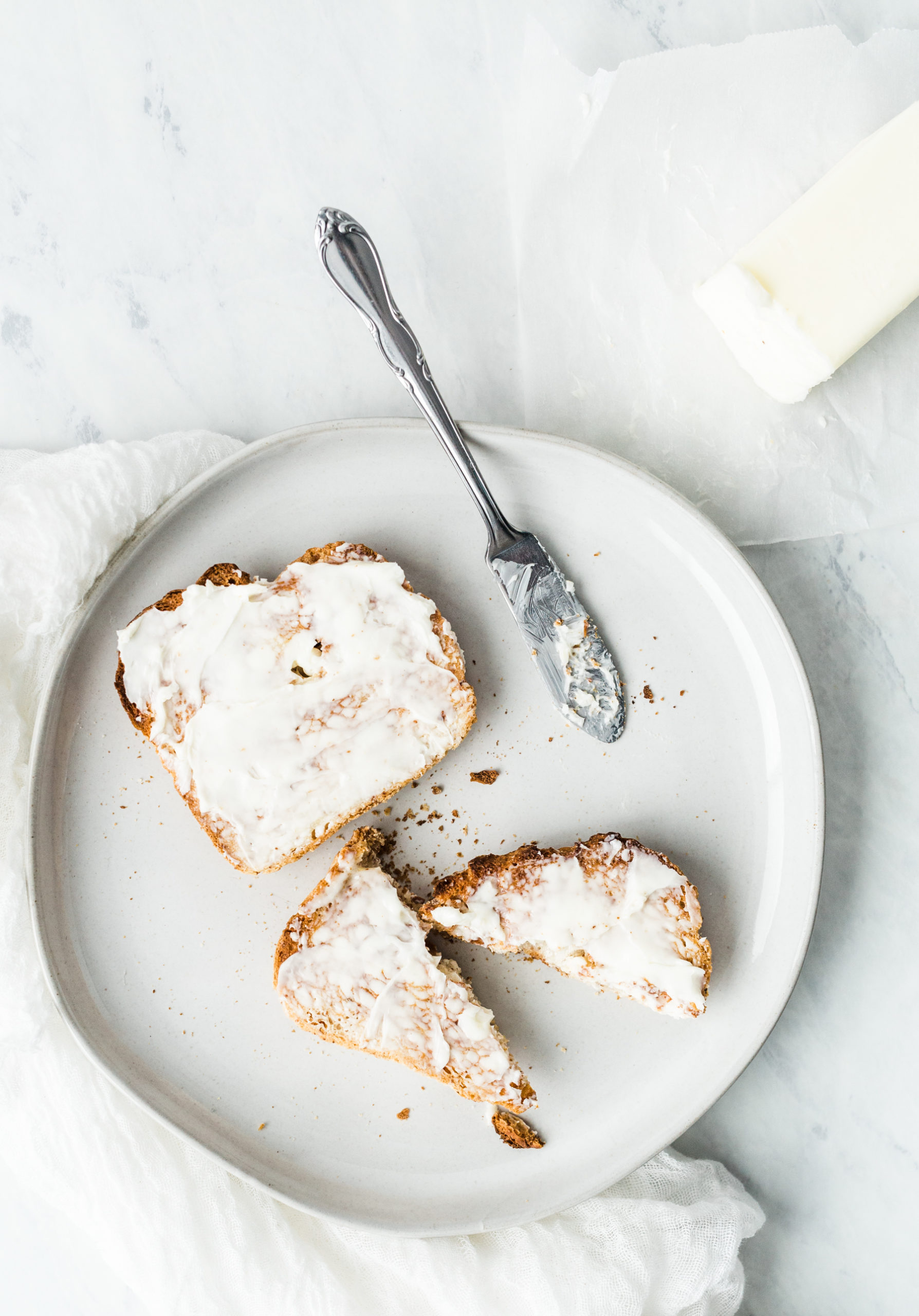
Written By:
Category:
Ryann Nicole
Episode Transcript
Hey, it’s Ryann from the Food Freedom Lab. Ever felt trapped by legitimate dietary restrictions and struggled with binge eating? Let’s dive into how changing your thoughts can empower your relationship with food.
Addressing Recovery with Dietary Restrictions
Today, let’s tackle a common question: How to navigate recovery and heal your relationship with food when you have legitimate dietary restrictions. Even if you don’t have these restrictions, the approach discussed here can be universally helpful.
Specific Scenario: Celiac Disease and Gluten
A specific question I’ve been asked is about handling recovery while dealing with celiac disease and restricting gluten. The struggle is real – attempting to avoid gluten often leads to binging, resulting in both physical and emotional distress. Let’s unravel this and find a healthier path.
Understanding Behavior Formation
Behavior starts with triggers, followed by thoughts, emotions, behaviors, and ultimately, rewards. This cycle influences how we respond to various situations. In the context of dietary restrictions, it’s crucial to analyze how we think about the trigger.
Example with Gluten Intolerance
Let’s use gluten intolerance as an example. If the trigger is “gluten upsets my stomach,” and the immediate thought is “I can’t have gluten,” consider how that thought makes you feel. Feelings of restriction, anger, and isolation can arise.
Changing the Narrative
To break free, shift your thinking. Instead of “I can’t have gluten,” try reframing it to “I can have gluten, knowing it upsets my stomach. Do I want it right now?” This small shift empowers you, offering a choice rather than a restriction.
Reframing Thoughts
Experiment with different reframes. “I can have this food, knowing its consequences. Do I want it right now?” or “I can’t have this food. Is the stomachache worth it today?” The goal is to remove the psychological rebellion triggered by the word “can’t.”
Empowerment and Conscious Choices
By changing the narrative, you gain power and control over your choices. Whether you decide to eat gluten or not, the key is conscious decision-making. This eliminates the binge-restrict cycle and fosters a healthier relationship with food.
Understanding Psychological Rebellion
Psychological rebellion is triggered when we tell ourselves we can’t have something. It creates a sense of exclusivity and scarcity, making the restricted item more appealing. By removing the “can’t,” you dismantle this cycle.
Navigating Stress and Anxiety
Ensure that dietary restrictions aren’t masked food rules or responses to stress and anxiety. Stress around eating can halt digestion, creating the illusion of food intolerance. Verify legitimate allergies or intolerances with a doctor to avoid unnecessary restrictions.
Personal Experience: Overcoming Gluten-Free Obsession
I share a personal experience of going gluten-free to control binge eating, only to find it didn’t solve the problem. Shifting my thoughts, healing stress around food, and embracing all foods helped me overcome stomachaches without an actual intolerance.
Conclusion: Empowering Your Relationship with Food
In summary, changing how you think about dietary restrictions is the key to empowerment. Replace “I can’t” with “I can, knowing the consequences. Do I want it right now?” Imagine the possibilities if you approached all foods with curiosity and conscious choices.
What if altering your thoughts around food could transform your relationship with it? Give it a try and see how it impacts your choices.
Links
Ryann Nicole
Licensed Therapist, Certified Nutritionist, and Virtual Wellness Coach
Ryann is a licensed therapist and virtual wellness coach who has assisted individuals worldwide in establishing a healthier relationship with food and their bodies.
Are You Ready to Heal Your Relationship With Food?
I understand—it can be overwhelming to figure out where to begin. Let's simplify things and have you start right here:
Why Am I Overeating?
First Steps To Stop Binge Eating
The Food Freedom Lab Podcast
FREE QUIZ
FREE GUIDE
Podcast
the food freedom lab podcast

